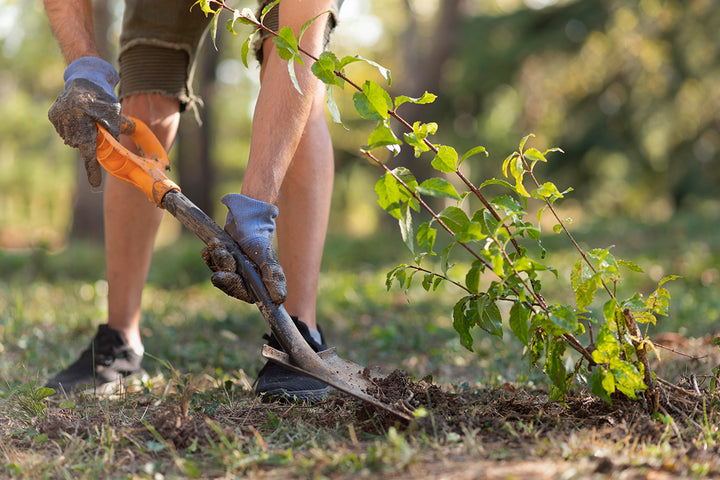
How to Nurture Your Garden: A Gentle Guide to Growing Beauty
Share
A garden is more than just a collection of plants—it's a living, breathing space that reflects love, care, and patience. Whether you're growing herbs, flowers, or vegetables, nurturing your garden is all about creating the right conditions for your plants to thrive. With a bit of time and attention, your garden can become a flourishing haven that brings joy season after season. Here's how to nurture your garden, from soil to sunlight.
1. Know Your Plants
Understanding what you’ve planted is the first step to nurturing your garden. Each plant has unique needs—sunlight, water, soil type, and spacing. Take time to learn about each one, whether it's a sun-loving tomato or a shade-happy fern.
Tips:
-
Read plant labels or seed packets.
-
Group plants with similar needs together.
-
Keep a garden journal to track what works.
2. Feed the Soil, Not Just the Plants
Healthy soil is the foundation of a healthy garden. Instead of relying on chemical fertilizers, enrich your soil with organic matter like compost, worm castings, or aged manure. This helps improve structure, nutrient content, and drainage.
Tips:
-
Add compost regularly.
-
Mulch to retain moisture and reduce weeds.
-
Rotate crops if you’re growing veggies to avoid nutrient depletion.
3. Water Wisely
Water is essential, but too much or too little can cause stress to your plants. Water deeply and less frequently to encourage strong root systems. Early morning is the best time to water, allowing plants to absorb moisture before the sun gets too hot.
Tips:
-
Use a watering can or soaker hose for gentle watering.
-
Self-watering planters are great for consistent moisture.
-
Check soil moisture by feeling it 1-2 inches below the surface.
4. Prune and Deadhead Regularly
Pruning removes dead or diseased growth and encourages healthy new shoots. Deadheading (removing spent flowers) promotes more blooms and keeps your garden tidy.
Tips:
-
Use clean, sharp shears.
-
Prune in the early morning or evening.
-
Remove dead leaves and flowers regularly.
5. Watch for Pests and Diseases
Regularly inspect your plants for signs of trouble—yellowing leaves, chewed edges, or mildew. Early detection is key to preventing bigger problems.
Tips:
-
Encourage natural predators like ladybugs.
-
Use neem oil or soapy water for mild infestations.
-
Remove affected leaves or plants quickly.
6. Support Your Plants
Some plants need a little help to stand tall or grow in the right direction. Staking, caging, or trellising helps prevent damage and improves air circulation.
Tips:
-
Use bamboo stakes or tomato cages.
-
Gently tie stems with soft garden twine.
-
Monitor growth and adjust supports as needed.
7. Celebrate the Small Wins
Gardening is a journey, not a race. Celebrate every new leaf, bud, or harvest. Taking the time to observe and connect with your garden is one of the most nurturing things you can do.
Tips:
-
Take photos to track progress.
-
Share your successes with friends or on social media.
-
Spend a few quiet minutes in your garden every day.
Final Thoughts
Nurturing a garden isn’t about perfection—it’s about care, presence, and joy. With patience and attention, your garden will reward you with beauty, abundance, and a deep connection to nature. Happy gardening! 
